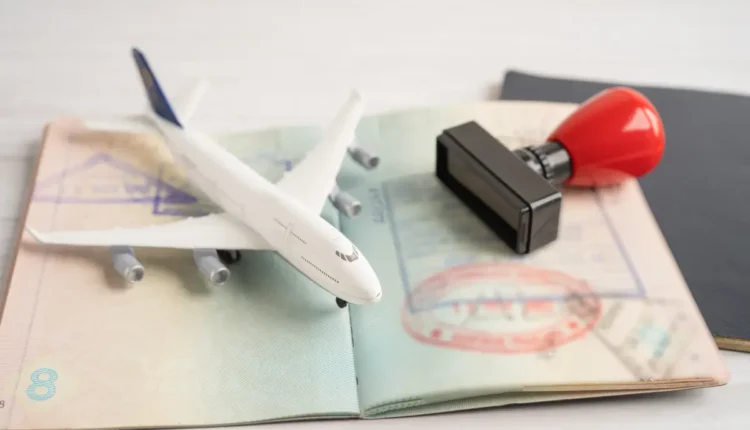South Africa : Laborious Work Visa Process Hinders Economic Growth
South Africa's Work Visa Conundrum: A Barrier to Economic Growth
South Africa : In the heart of the African continent, South Africa’s picturesque landscapes and vibrant culture have long attracted foreign businesses and skilled workers. However, beneath the surface of this economic promise lies a convoluted and inefficient work visa regime that is stifling progress.
A Roadblock to Foreign Investment in South Africa
Between 2015 and 2021, the Department of Home Affairs approved only 16,097 critical skilled worker permits, averaging just over 2,200 permits per year. This low approval rate, hovering at 52 percent, raises alarm bells for an economy grappling with a significant skills deficit. The rejection rate for business visas during the same period is even more daunting, reaching a staggering 68 percent.
Some German companies, facing the insurmountable challenge of obtaining executive work permits, have opted to sell their South African subsidiaries. Meanwhile, skilled technicians encounter bureaucratic hurdles in securing work visas, contributing to the maintenance woes at key state-owned enterprises, ESKOM and TRANSNET.
Bureaucratic Impediments and Their Consequences
At the center of this bureaucratic quagmire are the Department of Home Affairs and the labor department, seemingly impervious to the damage they inflict on the country’s investment prospects and economic growth. Despite the government’s 2020 decision to streamline the work visa process, progress has been painfully slow.
South Africa & Hurdles
Obtaining a South African work permit is riddled with hurdles. Permits primarily rely on the critical skills process, which adheres to the Department of Labour’s International/Cross-Border Labour Migration checklist. However, this critical skills list of 140 occupations is far from comprehensive, unable to keep pace with the ever-evolving demands of an AI-driven and renewable energy-powered world.
Furthermore, one of the 22 critical skills visa requirements mandates that employers prove the unavailability of citizens or permanent residents with the requisite qualifications and experience. The cost of advertising and other requirements makes this a burdensome exercise.
Securing an application appointment can be a three-month ordeal, and waiting times often exceed the promised eight weeks. Even after this protracted wait, success is far from guaranteed. Rejections are often based on spurious reasons or a “negative recommendation from the Department of Labour,” leaving applicants with limited recourse, often involving costly legal challenges.
The Ripple Effect
The consequences of this labyrinthine visa process extend beyond skilled workers. Short-term visitor and business visas are equally problematic, discouraging international organizations from hosting events or meetings in South Africa, resulting in a loss of revenue.
Another major issue is that spouses of critical skills visa holders are not permitted to work in South Africa, effectively forcing them to pause their careers or embark on a lengthy path to permanent residence, which can take up to five years.
The Call for Urgent Reform
Studies have consistently shown that immigrants can significantly boost South Africa’s economy. A 2018 study by the Organization for Economic Cooperation and Development and the International Labor Organization projected a 5 percent increase in GDP per capita due to immigrant workers. Additionally, immigrants were found to positively impact employment and wages for locals, generating approximately two jobs for every migrant, according to a 2018 World Bank report.
South Africa must act swiftly to simplify its work visa procedures. Online applications should become the norm, and the long-overdue IT system upgrade should be expedited. Immigration regulations should also permit foreign spouses with dependent visas to work in the country.
Former home affairs director-general Mavuso Msimang recommended reducing the 22 requirements for skilled work permits to eight, with a lower compliance threshold and a two-week processing timeframe. The 2017 White Paper on International Migration for South Africa also emphasized the importance of attracting and retaining skilled international migrants and business persons to promote economic growth.
Also Read : NRI Marriage : Scams 7 Common Fraudulent Schemes

